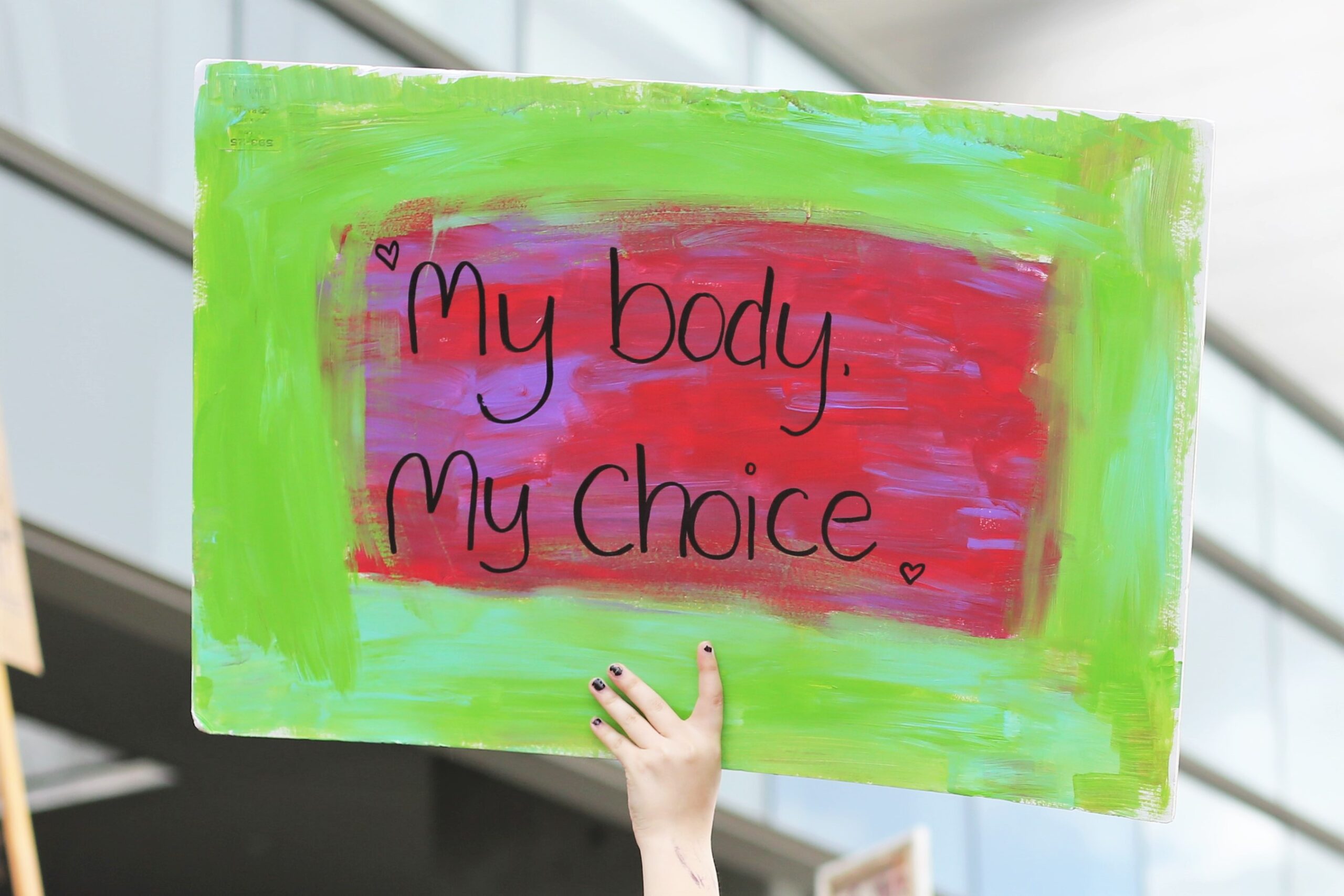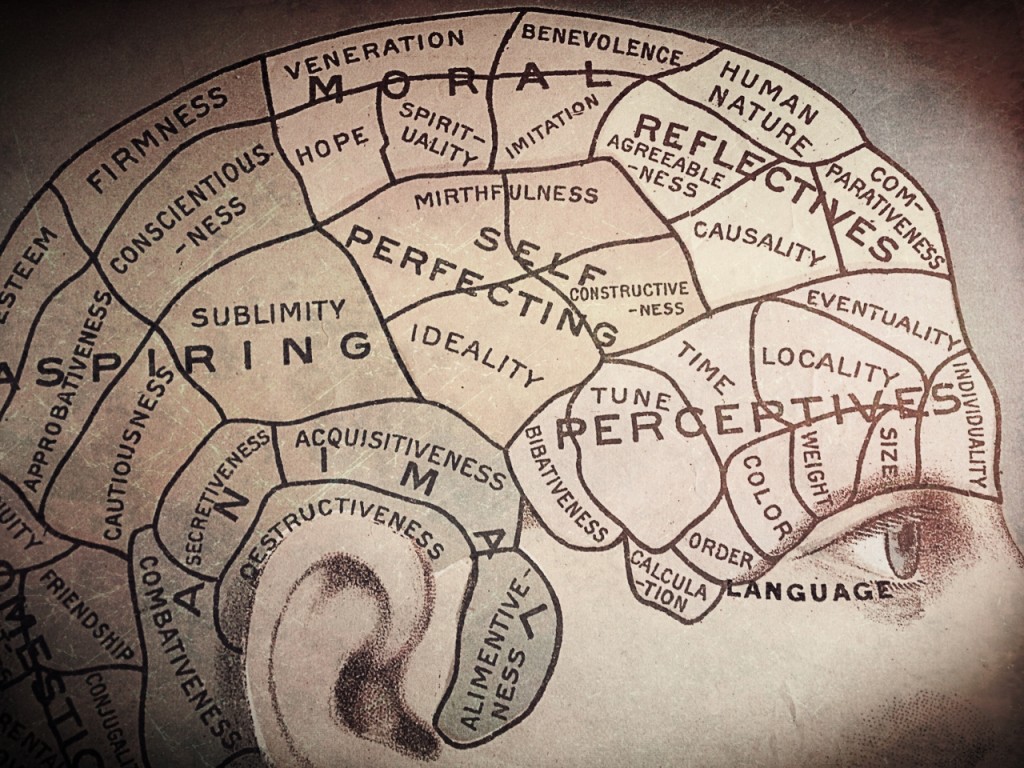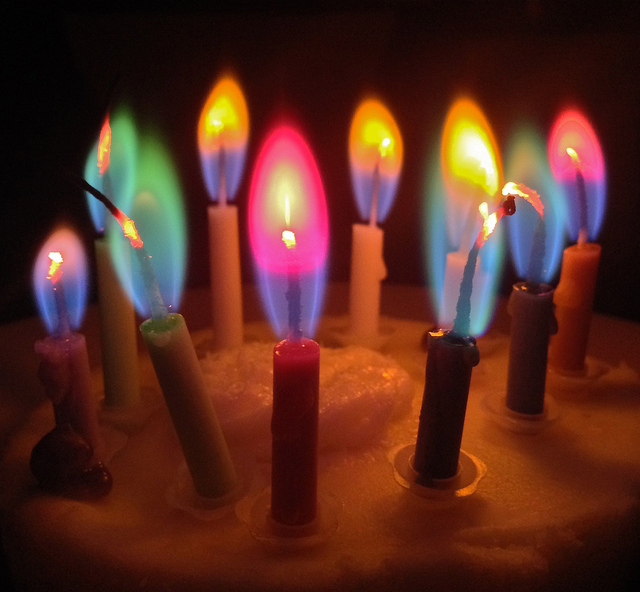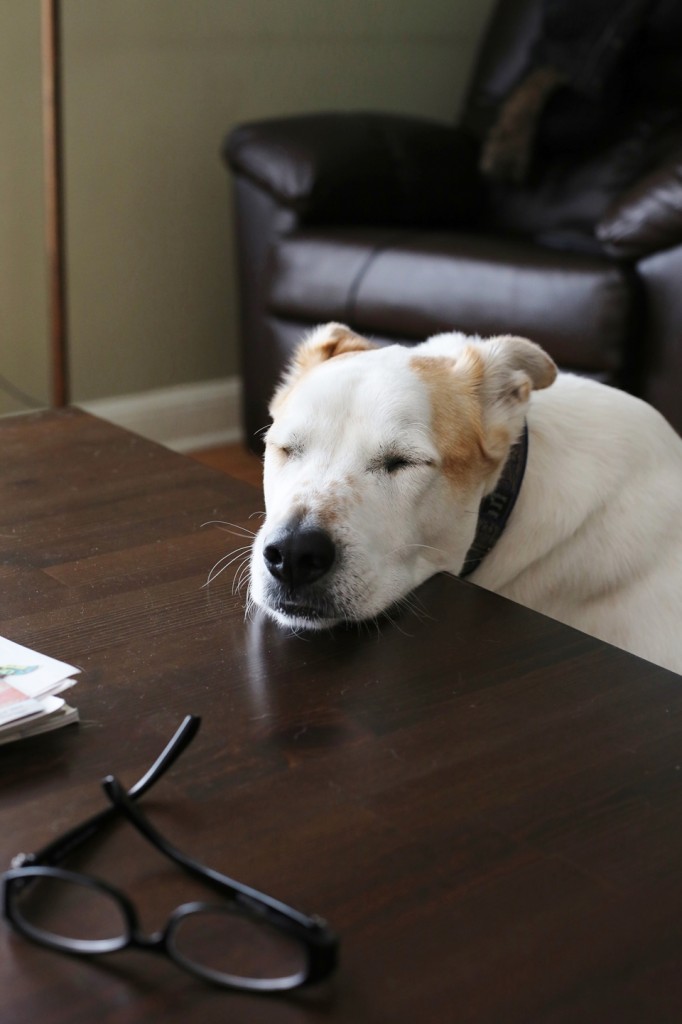
By Sarah Werthan Buttenwieser
I’ve been thinking a lot about apology recently.
Just before I turned forty-two, I was laid up for a couple of days with a stomach bug. On the third morning, I woke up with my stomach still sour and a new symptom: my breasts tingled. The pit of my stomach plummeted to the floor. I knew.
While my husband and our three kids were at a pickup soccer game, I snuck out to a drugstore that I had never walked into before, in order not to run into anyone I knew. I needed to purchase a pregnancy test. In private.
Of course, I ran into someone I knew. “Oh, hi!” I said, too brightly, thankful the purchase was hidden.
“How are you?” she asked, lipstick and blush painted on a little too brightly, overly cheery tone of voice to match.
“Fine.” I smiled. “You?”
“Yes,” she said. Somehow, in the dingy store, it seemed absolutely obvious that we both were lying.
I waited until she left to approach the register. My periods had become irregular and infrequent over the year or so leading up to that sticky summer morning. My husband and I had played a little fast and loose when it seemed safe. Maybe “safe” was harder to call during perimenopause? At my fortuitously still-empty house, I peed on a stick, then I left the bathroom for exactly two minutes. When I returned, there was an almost florescent pink line.
“Fuck,” I said. Almost instantly, I called my midwife. For me, there was no question about the pregnancy. From the outside, my decision made little to no sense. I was, at the time, actively twisted in longing for another baby. I very much wanted to adopt.
“Fuck,” my husband said later that afternoon once I shared the news.
“Pam already called me back,” I reported. “I’m going to call Monday to set up an appointment for the procedure. I had hoped they could do it in the office, but they don’t. We have to go to the Planned Parenthood clinic.”
•••
I was barely into this unintended pregnancy, and even my skin seemed to quake with nausea. Although I felt extremely ill, and although during the pregnancy before this at age thirty-eight, I’d ended up on anti-nausea medication, physical distress wasn’t my biggest fear. I was most afraid of the depression that had accompanied all of my pregnancies. I didn’t want to impose that upon my family. I worried, too, a few years past thirty-eight, any pregnancy would likely be that much more taxing on my body. The odds for complications had risen dramatically. As I saw it, this pregnancy did not promise a happy ending.
I’d had two abortions, one at seventeen, the other at twenty. This time, I was surprised by how different the prospect of abortion felt from decades earlier. When I first got pregnant, very unintentionally, I was seventeen. At the time, I hadn’t fathomed my body as capable of pregnancy and a baby. Intellectually, I knew it was all possible; I hadn’t embodied this possibility as a high school senior, though. Emotionally, I’d been practically paralyzed with overwhelm and shock. I found out about the pregnancy after an appointment to obtain birth control at our local Family Planning clinic.
In the aftermath of the decision and procedure, I was sad and shaken. I was stunned that my body’s autonomy seemed precarious. If anyone took legal abortion away (or no parental consent or birth control, or so many things that did happen to shrink our autonomy), I would have been stranded. All those years ago, I’d also discovered how quiet abortion was. I was surprised by how lonely privacy could feel. In high school, I was ashamed, at least somewhat. I was afraid of gossip. Like other peers who’d, I learned so much later, had abortions in high school, we kept our own secrets. I’m certain the isolation increased my sadness.
Activism, which I came to with a vengeance after my abortion, became my route to breaking self-imposed silence. I got it: the personal was political. I spoke out. I found community. I found a voice and purpose, because I’d experienced how close I’d come to having my life steered for me, simply because people objected to my right to make decisions about my own body.
In my early forties, having birthed three babies, I wasn’t sad. I was clear. But I did keep my decision private because I worried people would question my “no” to pregnancy and “yes” to wanting to adopt (not that my personal logic was anyone’s to question) and I didn’t want to justify any of my choices. What surprised me was that people seemed to want me to feel sad.
The few friends I told spoke to me in somber tones about the decision. Mary said, “You will feel sad; that’s inevitable.”
Another friend thought I was mourning my waning, wonky periods and accompanying fertility. These friends weren’t in the room when my third baby emerged. Despite nearly hemorrhaging afterwards, I’d remained giddy, even euphoric to no longer be pregnant. I had just turned thirty-nine. I’d birthed three healthy, beautiful humans. I had felt terrible for months on end three times over. Already, during this very early pregnancy, I felt so miserable I just wanted to sleep away the nauseated days and nights.
“I’m really certain about this,” I told Mary. “This part, it’s very clear to me. I am not going to birth another baby, as amazing as my babies are.”
•••
As my husband drove us toward the clinic, I glanced out of the car window. The Connecticut River ribboned beside the highway briefly. I was nervous and I was nauseous. I didn’t know which sensation was stronger. We pulled into the clinic parking lot.
Many years earlier, I had worked in two different clinics as an abortion counselor. Neither clinic existed any longer. The availability of abortion services had decreased dramatically. When I’d worked at those clinics, neither had metal detectors at the front door. Protestors were rare. On this morning, there weren’t any protestors. Barely inside the building, we were stopped to go through a metal detector. An older, slightly grizzled man with a very warm smile screened us. Clearly, he wanted to put people at ease. A metal detector rarely put me at ease, truthfully, because I’d feel better thinking one wasn’t remotely necessary. I would have felt better believing no one cared about a choice I made for my body and my family.
The machine’s stainless steel gleamed a little too brightly for the dingy hallway. I didn’t have anything to hide, except I wondered whether maybe I did, since my friends seemed to expect me to be sadder. My husband wanted me not to feel sick. He wanted me to be not pregnant and not to want another baby. I wanted to feel better—and to have another baby. We took an elevator. My stomach flipped from the motion, and maybe our conflicting desires.
We were buzzed into the clinic waiting room. I registered a sea of very young women. They were like the woman I’d been and the women I’d helped long ago. Some came with fidgety boyfriends. Others were accompanied by resigned moms or less resigned older sisters. Still others brought nervous friends. The waiting room itself felt large, worn, and dim. Generalized agitation made an odd feng shui. I felt nauseated, but weirdly calm. In the new but wholly familiar waiting room, I remembered that I kind of loved abortion. Not loved it, like, what fun, but loved that we had, less robustly, but still, this right to determine our reproductive lives. Abortion had been many things to me, and one was empowering.
There were forms and there was waiting. We kind of glanced furtively at each other a bunch. I leaned over to whisper, “I feel old.”
“Me, too,” my husband replied.
Eventually, I was called back to see a counselor. She was about the age I’d been, maybe a touch older, when I did her job. She smiled at me. “Hello,” she said, warmly. “Part of my job is to make sure you are certain of your decision. I also need to know whether you have a birth control plan going forward.”
“I used to have your job, way back when,” I told her, as I affirmed that I was indeed certain of my decision and I did have a birth control plan. “We played a little too loosely with perimenopause.” I shrugged. Life happens. Mistakes get made.
She nodded. “I understand.” She then directed me to a changing area. There, a few women waited, wearing paper gowns.
“Well, this is chilly,” one woman said.
“Seriously,” another said. It was kind of like any locker room, except the women were nervous and wore paper gowns. There were a few laughs under our breaths and a few more complaints about having to wait in the gowns.
“I’m just glad I’m going to get to move on with my life,” one woman said. “I’m in school, and I’m going to finish. I went back. I have a daughter. I can’t have a baby right now, and I’m relieved I’m not going to.”
“Amen,” another said. “My body.”
“We shouldn’t have to be lucky to make this choice,” I said.
“Seriously,” the woman who had gone back to school said. “Men don’t know. They can’t know.”
Sitting on that bench, I remembered a story a friend told me about when she’d had an abortion after college. She was living in New York City. There was a bomb threat at the Planned Parenthood, where at the time, she was in the midst of having her procedure. Whisked from the room immediately after the abortion in her gown toward the elevator, not the recovery room. When she told me about this day, she said that suddenly her personal act wasn’t hers.
“I realized my having an abortion, my obtaining health care, was an act of civil disobedience,” she’d said, her dark eyes shining. “Turned out, there wasn’t a bomb.” She was able to return to the clinic, recover her clothing, and move on. Her experience changed her feelings about her abortion and not in the way the people who’d threatened the clinic had hoped. She’d become a stronger advocate for reproductive justice than ever before.
•••
My abortion procedure didn’t take long. I’d received medication that afforded me some woozy relief. In the recovery room, I drank ginger ale and ate graham crackers. The dusty sweetness turned to paste in my mouth. I felt slow, relieved, and a little worse for wear. I wondered whether I’d feel sad.
That afternoon, as we drove home, I breathed in without nausea. I exhaled my worry about what might happen next in our lives. I felt cautious, strong, determined, weary. Not only was I angry that anyone believed I shouldn’t have choices, I was angry anyone would think that I should apologize about my decisions. I felt brazenly unapologetic. What’s wrong, I believe, is that we’ve gotten to a place where apology is expected from a person in need of basic reproductive health care. Justice includes the dignity to access health care—and to do so because it’s every person’s right. Our culture never made this leap. We’re slipping further from a no apologies ideal. I do have that daughter I dreamt we’d adopt. She’s thirteen, now, and faces a future where her bodily autonomy becomes more threatened as the Supreme Court reconsiders abortion. Apology, as a thing to worry about or be angry about, may seem frivolous. I disagree. I think an expectation of apology is the beginning of losing our whole selves.
•••
SARAH WERTHAN BUTTENWIESER is a writer and community organizer, based in Northampton, Massachusetts. A graduate of Hampshire College and the Warren Wilson College MFA Program for Writers, she’s written for many publications, including the recent anthology Tick Tock: Essays on Parenthood after 40.

 Follow
Follow




